What Animal Is the Deadliest to Humans?

While the majority of animals appear cute and cuddly, there are others that hold the very unwanted distinction for being among the most deadly to humans. There’s one species, in particular, that’s the deadliest, far surpassing the others in the top 10 – and its name might surprise some of you.
What animal kills the most humans?
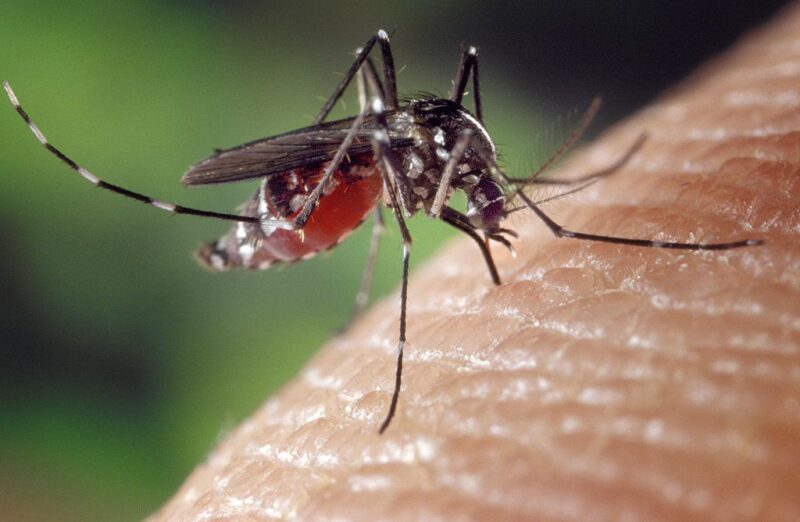
Just because an animal is small doesn’t mean it isn’t dangerous, and there’s no better example of this than the pesky mosquito.
This bloodsucking insect is not only a nuisance, it’s also the most deadly creature to currently walk (or fly across) the face of the earth. Just how deadly, you ask? According to BBC’s Discover Wildlife, mosquitos are responsible for between 725,000 and one million human deaths per year.
To put this total into perspective, intentional homicides (fatal human-on-human violence) only resulted in 460,000 deaths globally in 2017.
Why are mosquitos so deadly?
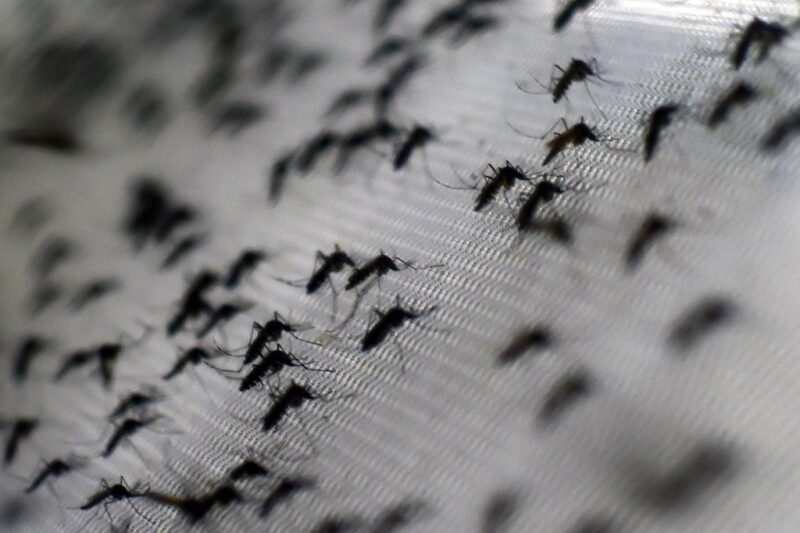
Mosquitos are known to transmit a host of diseases, so while you’re not likely to die as a direct result of a bite, you may lose your life to the diseases transmitted while the insect sucks your blood.
The illnesses transmitted have caused several public health crises throughout history, with the most well-known being the West Nile virus, malaria, dengue fever, Zika, Chikungunya, yellow fever and lymphatic filariasis (LF). Efforts by the World Health Organization (WHO), national health groups and volunteer initiatives have decreased the likes of malaria and Zika over the years. That being said, cases of West Nile and dengue fever continue to rise.
While the majority of these diseases pop-up worldwide, they primarily impact those living in developing countries, where access to healthcare and preventative measures is harder to come by.
How can we protect ourselves against mosquito bites?
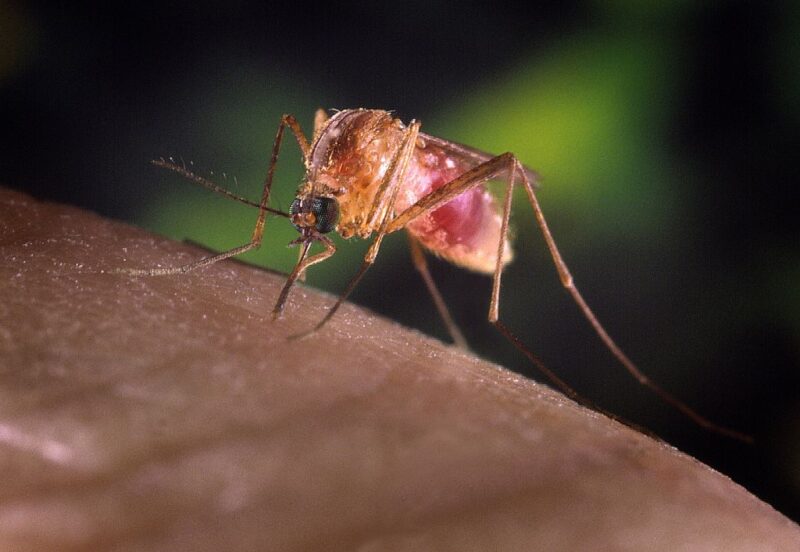
There are a number of ways you can protect yourself from mosquito bites. The most obvious is using insecticide and/or wearing loose, longer clothing when outside or near areas where they’re known to breed – think standing water, forests, etc. If you’re sitting on a patio, make use of mosquito netting and invest in some citronella, as the smell masks that of blood!
Another way to prevent bites is to plan your outings accordingly. Mosquitos become more active between evening and dawn, as the weather is cooler. If you’re able to go about your tasks during the warmer afternoon hours, you’re less likely to become their next meal.
Finally, a top tip to prevent mosquito bites is to remove any and all standing water from around your property, such as bird baths, kiddie pools and buckets. These are places where they tend to breed, so getting rid of them means you’re less likely to encounter a swarm of these bloodsuckers.
Genetically altering mosquitos
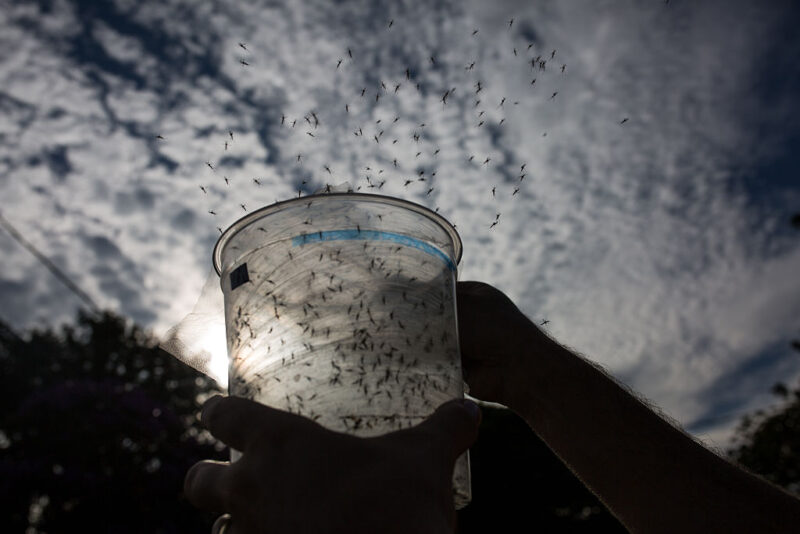
Given how deadly mosquitos are, efforts are ongoing to try and reduce the population. The biotech firm Oxitec has genetically modified the insects to not bite humans. They’re all males, as they have shorter lifespans than females, and have been injected with a gene that’s toxic to female offspring. This kills off half of all new populations.
Oxitec conducted an open-air test of the mosquitos in 2021, placing eggs in open areas in and around the Florida Keys. Despite public pushback, the evidence collected thus far has shown these efforts have been rather successful.
What are some other deadly animals?
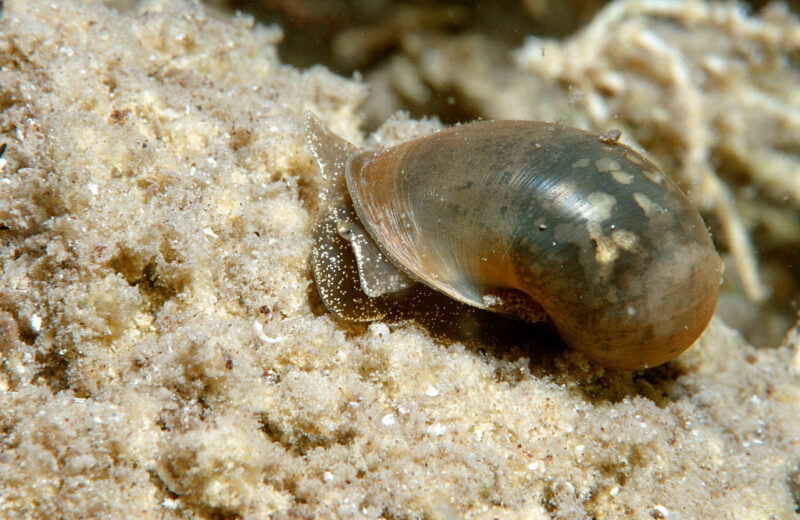
Outside of mosquitos and humans, what are other particularly deadly animals? According to Discover Wildlife, the animal that comes in third is the freshwater snail, which transmits a nasty parasite dubbed the second-most “socioeconomically devastating” disease. According to WHO, it can cause as many as 200,000 deaths annually.
The freshwater snail is followed by the aggressive saw-scaled viper, whose bite transmits a particularly potent venom, and the assassin bug. Best known for spreading Chagas disease, this small biting insect causes up to 10,000 deaths per year.
More from us: These 10 Scuba Diving Sites Are Among the Most Dangerous in the World
Closing out the top five are scorpions, of which 25 contain venom that’s deadly to humans – if not treated in a timely manner. While many assume these arachnids are typically found in desert areas, they’re actually located across the world (except for Antarctica), meaning you should always keep a lookout for them!
